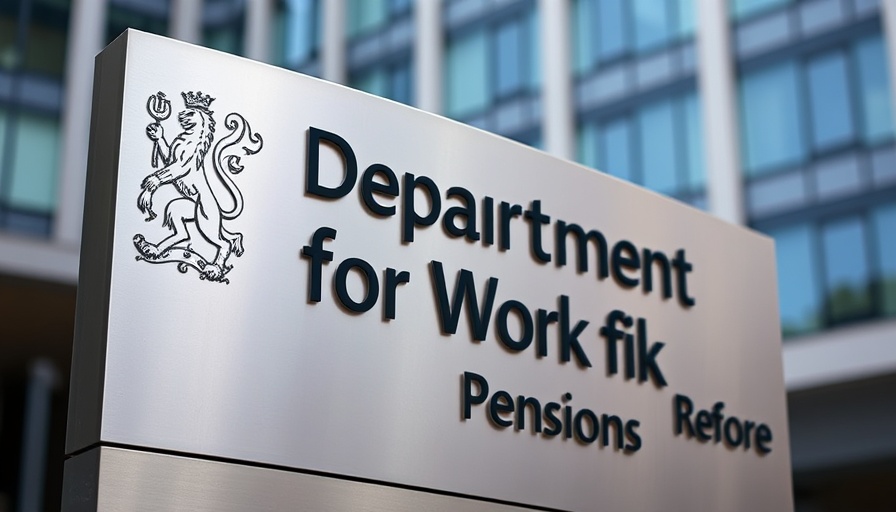
New Challenges in Welfare: An Overview
This Wednesday, UK ministers are set to face a renewed challenge regarding welfare reforms as the Department for Work and Pensions (DWP) attempts to push the Universal Credit Bill through its final stages in Parliament. The Bill aims to implement significant changes that have stirred controversy among Labour backbenchers who accuse the Government of being 'stubborn' in its reform efforts.
Understanding the Universal Credit Bill
The Universal Credit Bill proposes a dual-rate benefit system for claimants who are unable to work. These changes would impact individuals assessed under the limited capability for work and work-related activity (LCWRA) categories, specifically freezing certain benefits until 2030. Such reforms have prompted backlash, with many Labour MPs calling the Government's stance obstinate. Labour MP for York Central, Rachael Maskell, vocalized this sentiment, stating that even after abandoning plans to reform the personal independence payment (PIP), the Government has not regained goodwill due to its insistence on other controversial clauses.
The Implications of Clause Two
The second clause of the Bill is particularly contentious, proposing different rates for those who qualify for LCWRA. Individuals who meet eligibility criteria before April 2026 could receive a higher rate compared to those applying later. Additionally, claimants with terminal illnesses or severe, continual symptoms would be eligible for the higher rate regardless of the timing of their application. This aspect has raised concerns regarding fairness and accessibility of welfare support.
Political Tensions and Potential Revolts
In the lead-up to this critical vote, reports indicate potential rebellion among Labour MPs who might attempt to amend or entirely strike down these proposed reforms if given the chance. This internal dissent reflects broader unease about the implications of these changes for vulnerable populations reliant on government support.
Looking Ahead: The Future of Welfare Reforms
The upcoming vote not only signifies a decisive moment for the current administration's approach to welfare but also illuminates the ongoing political tension surrounding social security in the UK. As debates unfold, stakeholders from various sectors will keep a close eye on how the outcome impacts community support systems and the lives of those affected.
 Add Row
Add Row  Add
Add 




Write A Comment